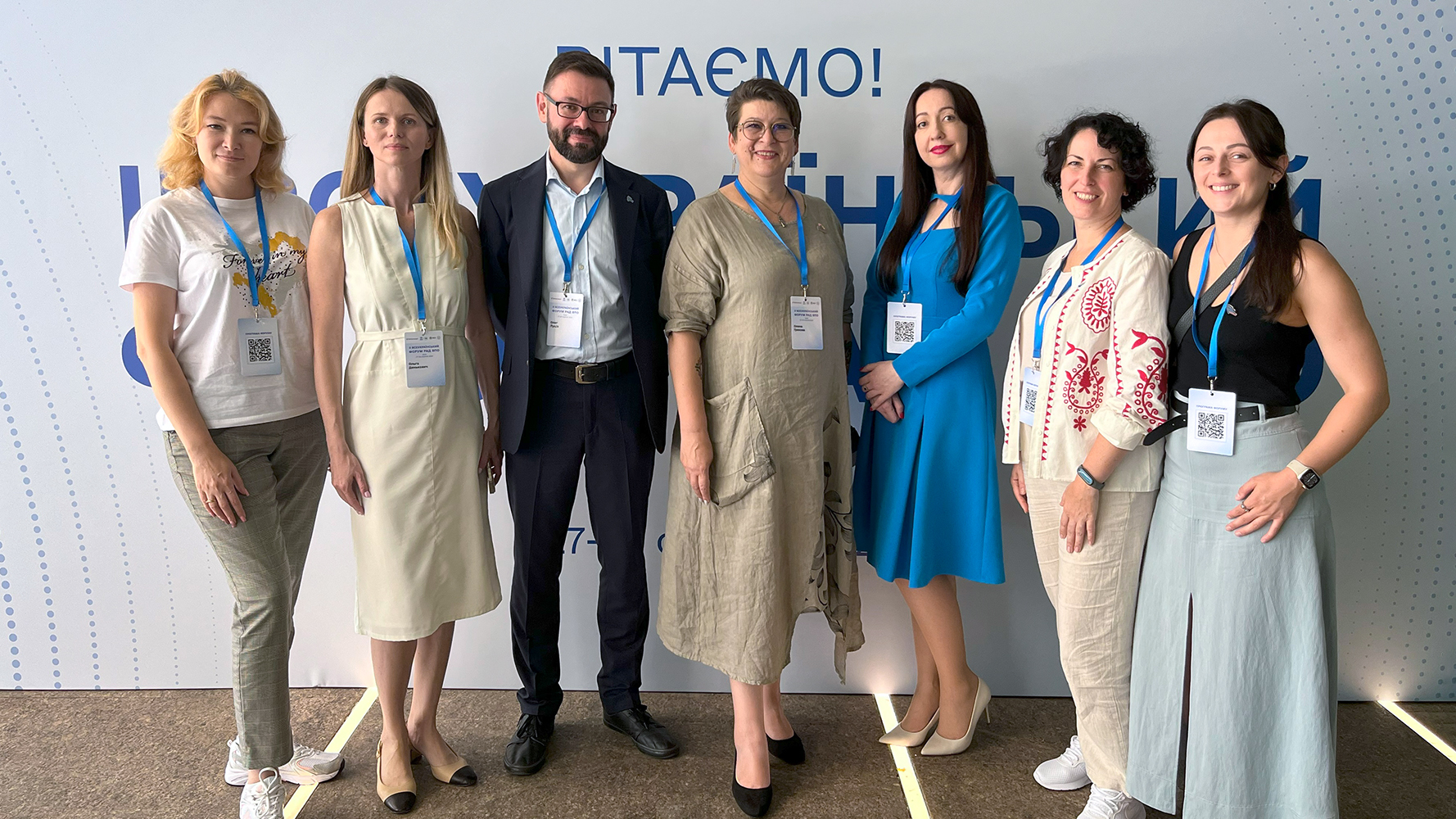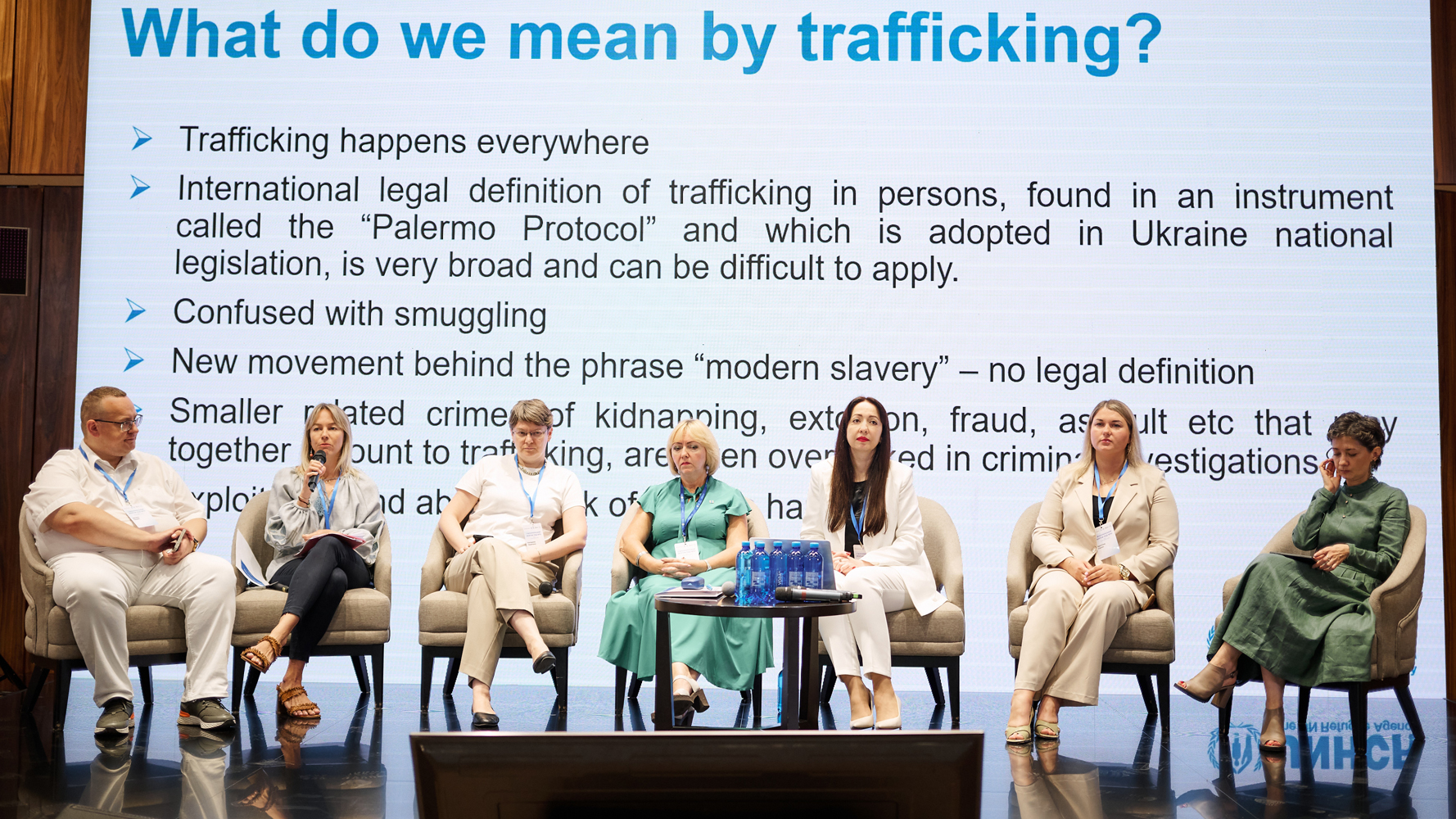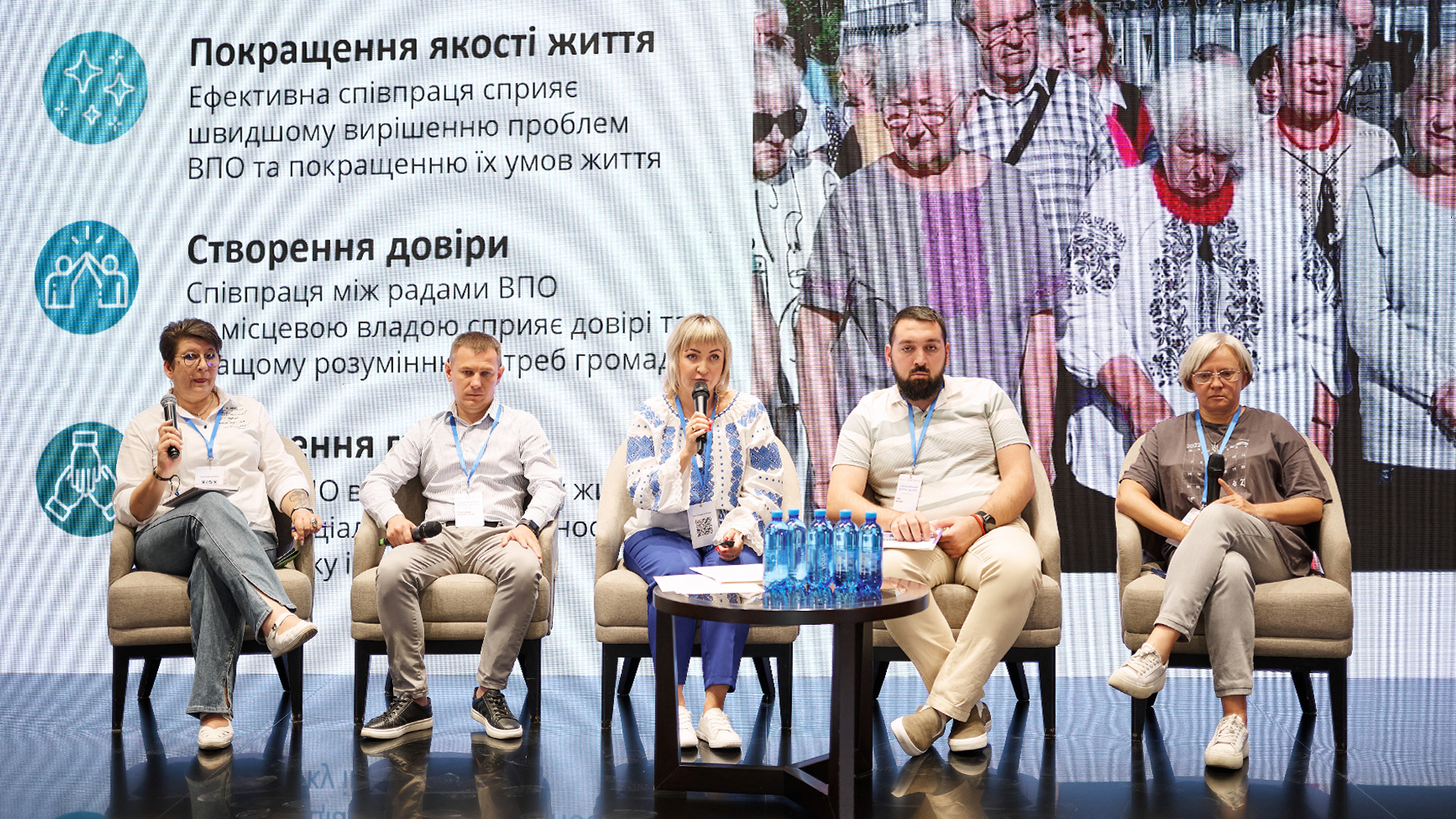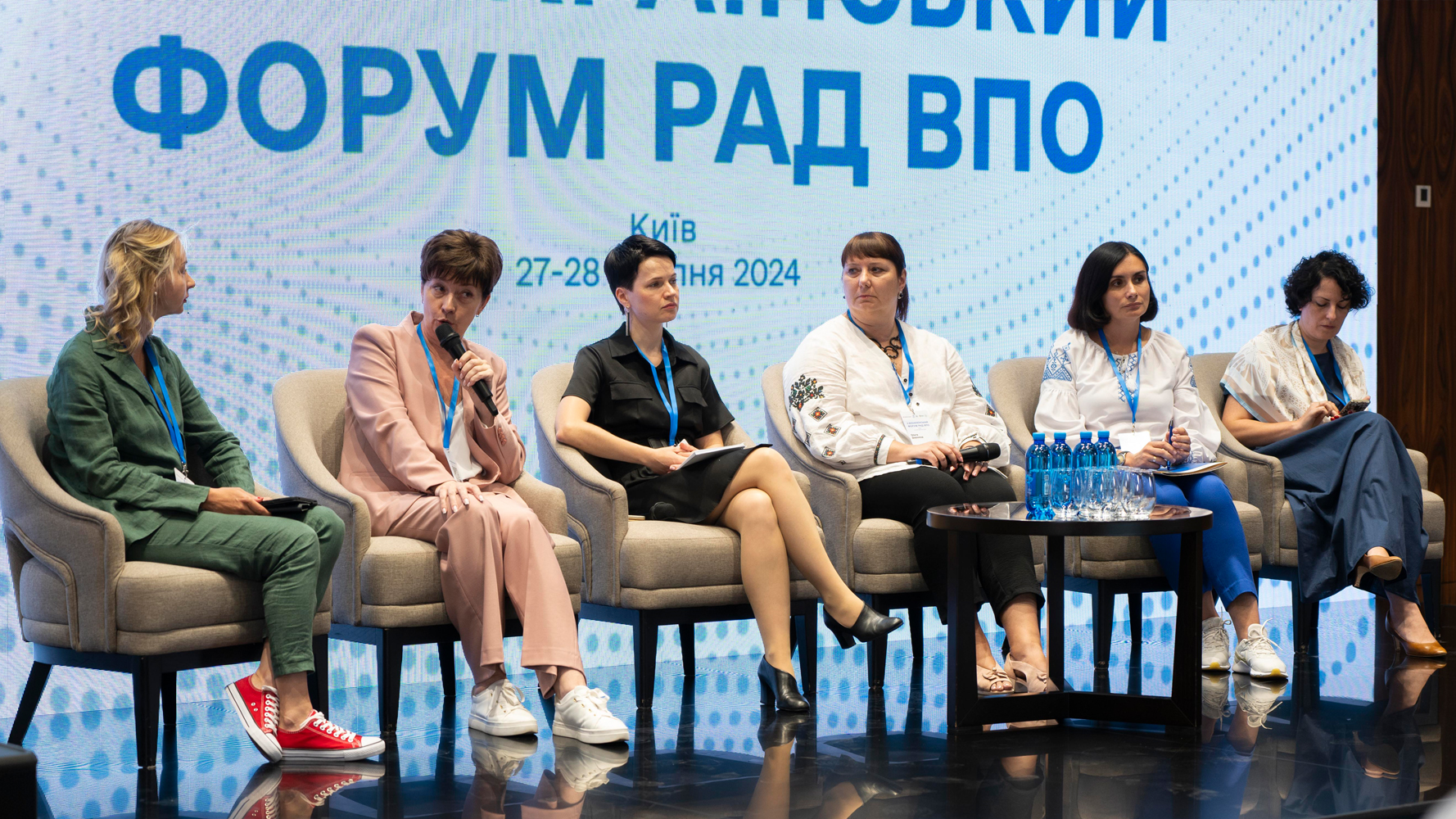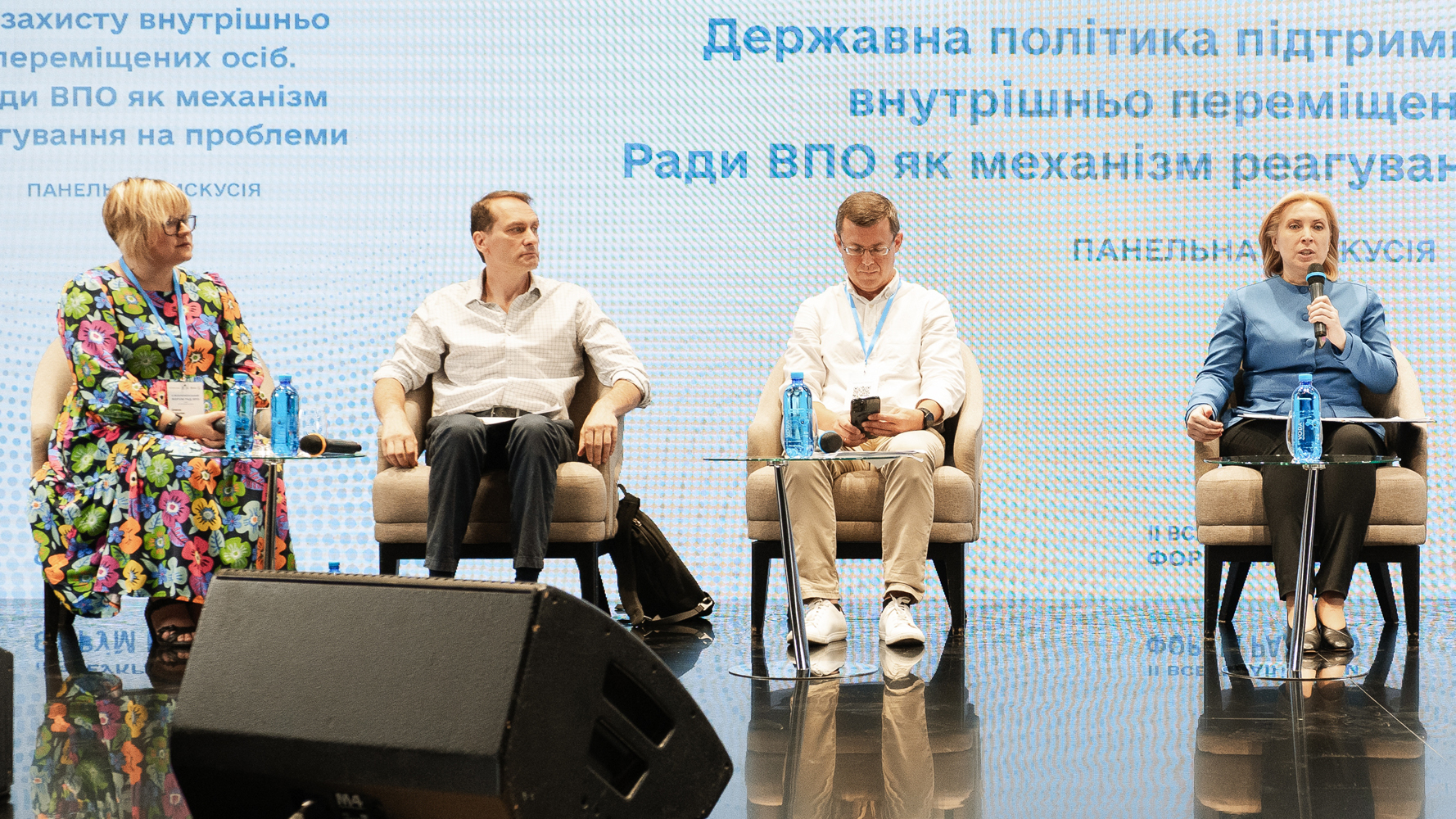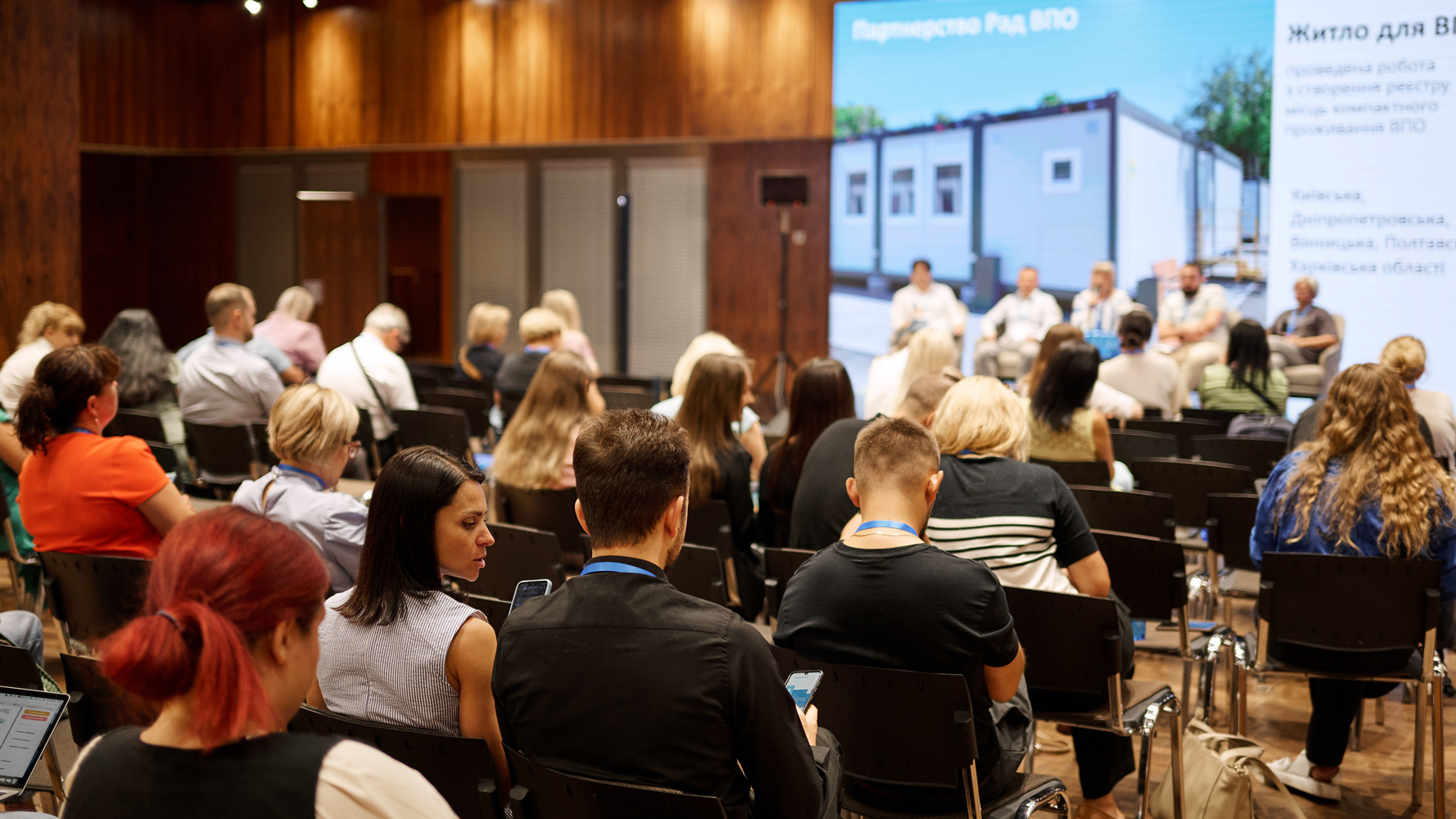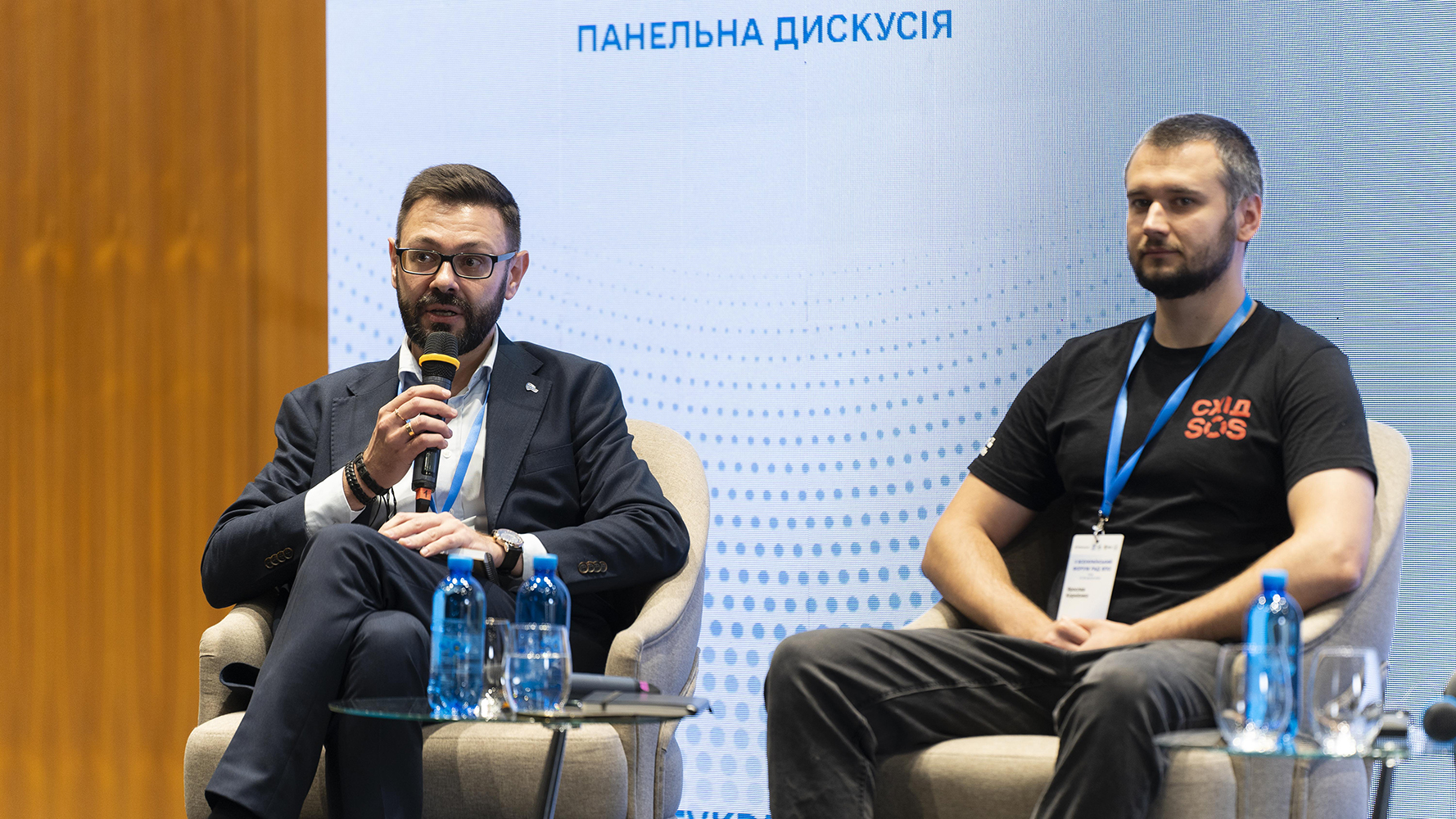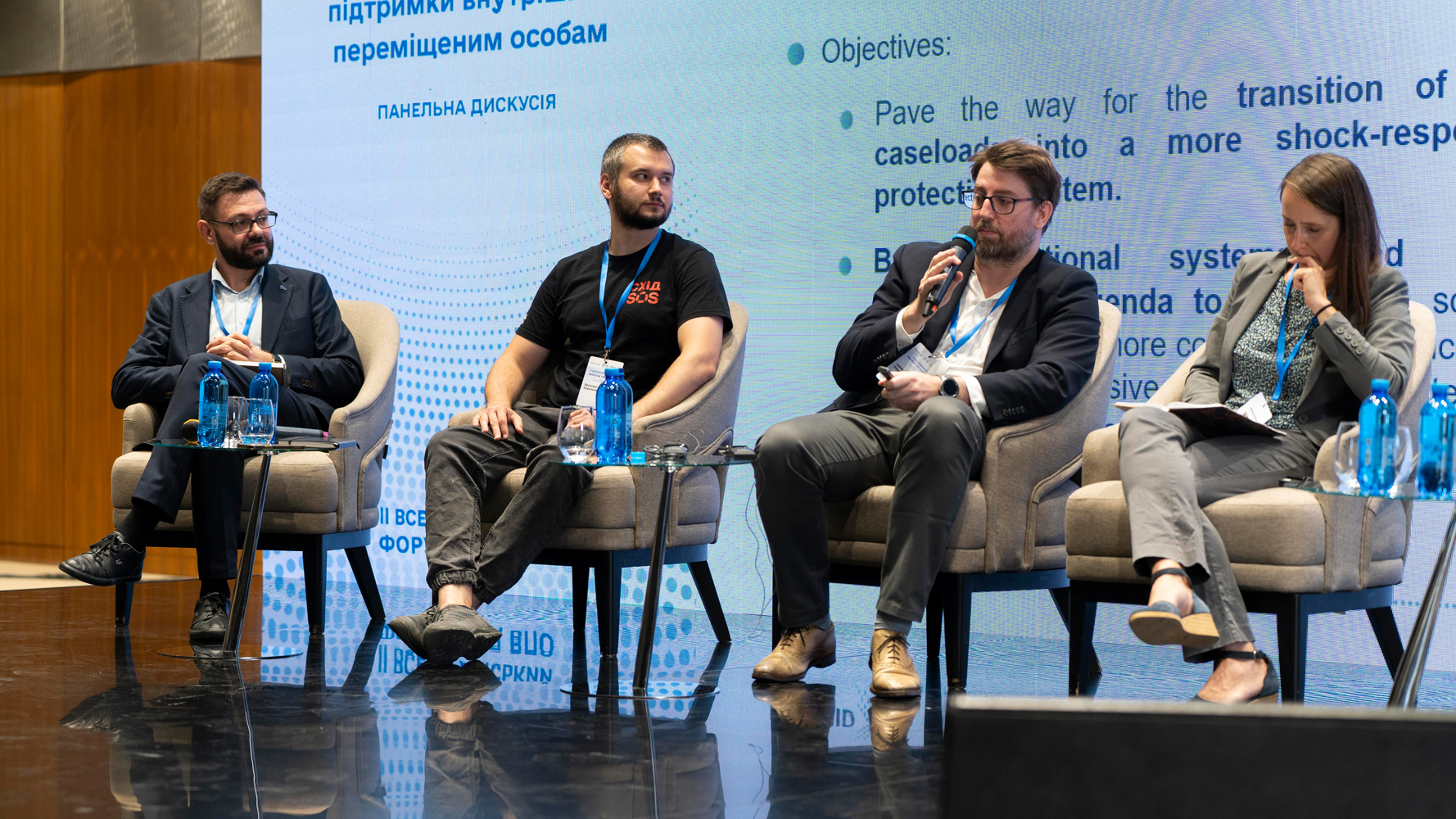-
Unfortunately, nothing was found for your request, you can search for another keyword, or contact us with your question through the feedback form
Search results (25)
All results (25)
Right to Protection Participated in the II Forum of IDP Councils
August 29, 2024
On 27–28 August, Kyiv hosted the II Forum of IDP Councils, which brought together more than 300 people to discuss and find solutions to the problems of IDPs and the role of IDP Councils in this process.
Representatives of authorities, IDP Councils, the public sector, charities, and NGOs attended the Forum.
To date, almost 900 IDP councils have been established in Ukraine. This unique tool helps internally displaced people integrate into a new place and solve their difficulties.
The President of R2P, Oleksandr Galkin, spoke at the discussion panel, State Policy of Support and Protection of Internally Displaced Persons. IDP Councils as a Mechanism for Responding to Problems.
He stressed that the involvement of IDPs in the social and political life of the host hromada is an important tool for integrating IDPs and overcoming the internal displacement crisis and a key to a more inclusive and people-centred state policy.
The IDP Councils can ensure communication and coordination of the activities of all those involved in supporting and protecting the rights of internally displaced persons.
Kateryna Laskavets, monitoring specialist of the Fund and co-chair of the Council on Internally Displaced Persons of Ivano-Frankivsk Urban Amalgamated Hromada, participated in the First results of the IDP Councils' Activity: Achievements, Successes. and New Challenges discussion.
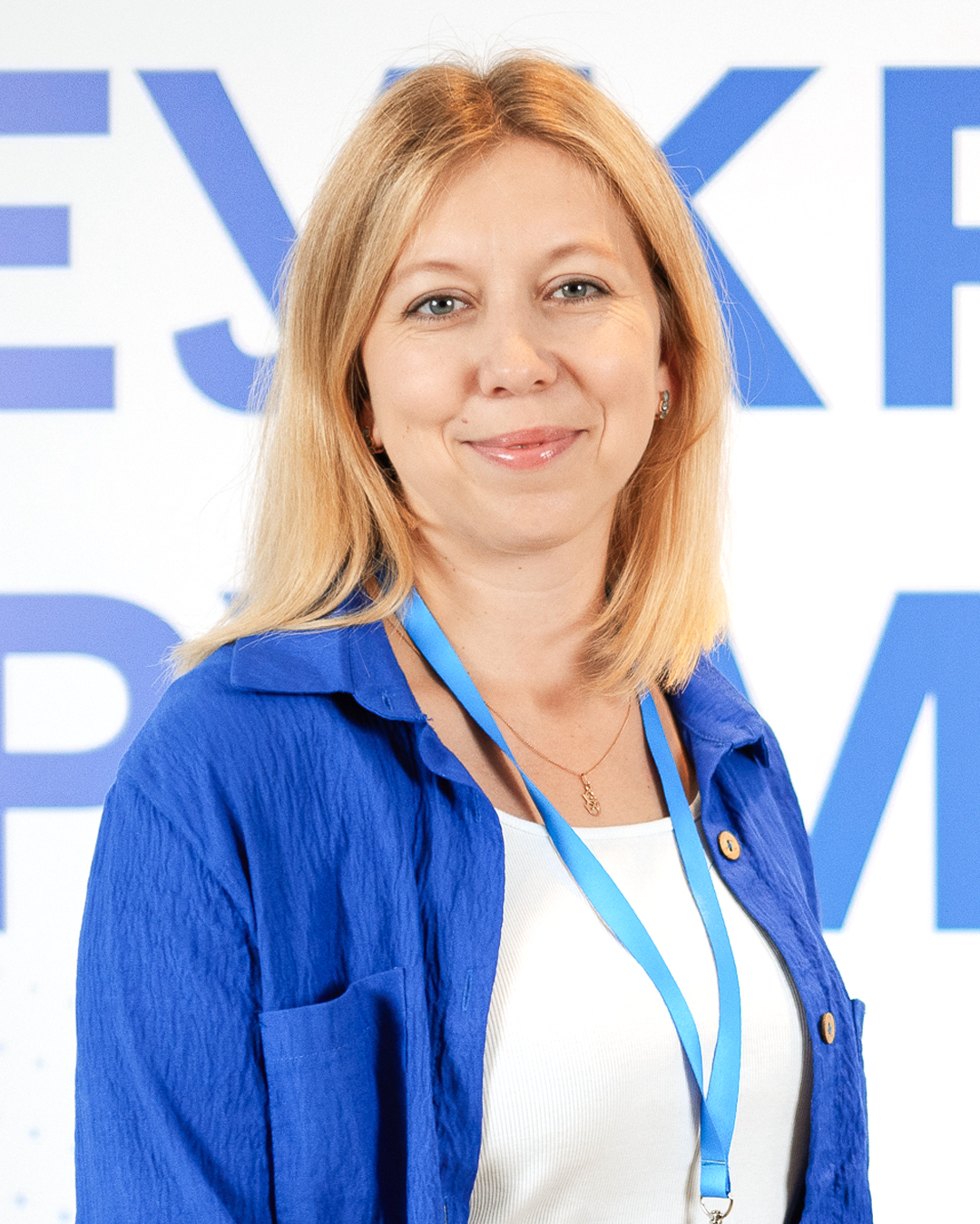
Kateryna Laskavets, monitoring specialist of R2P
IDPs are a potential for the host hromada. Only there, where local authorities understand that internally displaced persons have labour, social, and scientific potential, synergy, interaction, and positive results exist.
Nataliia Zhdyniak, legal analyst at R2P, was a speaker at the Combating Human Trafficking in Ukraine: Risks for IDPs and the Need for IDP Councils to Be Involved panel discussion.
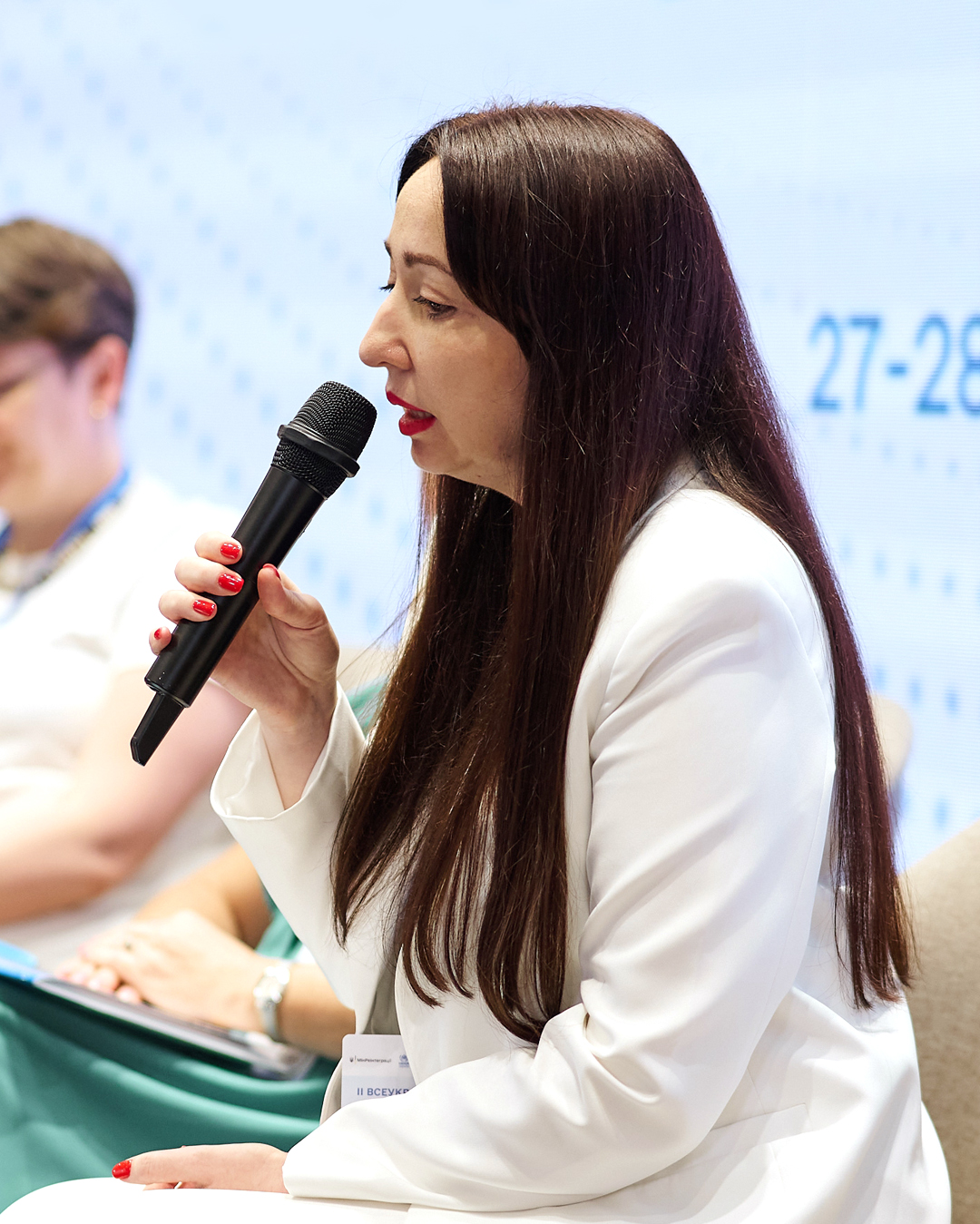
Nataliia Zhdyniak, legal analyst at R2P
Involvement in human trafficking often occurs during displacement or on the route of migration. Many Ukrainians are willing to accept a risky job offer abroad or in another locality. To combat human trafficking, IDP Councils should promote legal awareness among internally displaced persons and conduct information campaigns aimed at explaining critical issues related to state and local hromadas support for IDPs.
Olena Hrekova, Regional Head of Lvivska, Rivnenska, Ternopilska, and Volynska oblasts, moderated the Results of Cooperation between the Relocated and Local Authorities through IDP Councils: Impact on Local Policies and Programmes panel discussion.
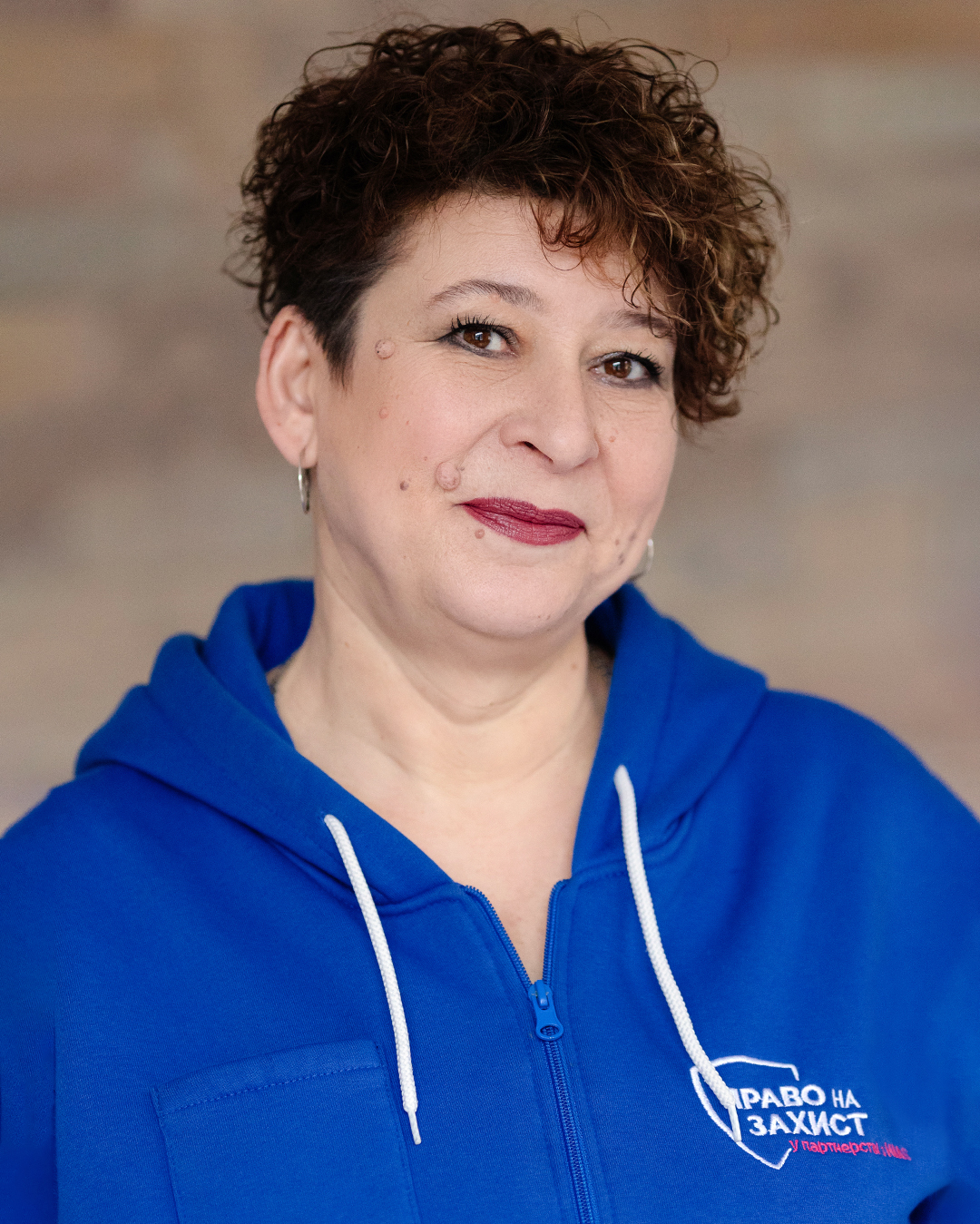
Olena Hrekova, Regional Head of Lvivska, Rivnenska, Ternopilska, and Volynska oblasts at R2P
As for the problems in the IDPs' places of residence, constant communication about the needs of displaced people is necessary. And this requires courage and wisdom. The courage of IDPs to share their experiences and stories. And also the courage to stand up for their rights. Host hromadas must have the wisdom to understand the path IDPs have had to go through, their fears and experiences. They should realise that they are now new hromada members who can become a powerful resource for it.
Valeriia Sekisova, coordinator of the Economic Resilience programme, spoke at the Promoting Employment of IDPs as a Prerequisite for Their Successful Integration into Hromadas panel discussion.
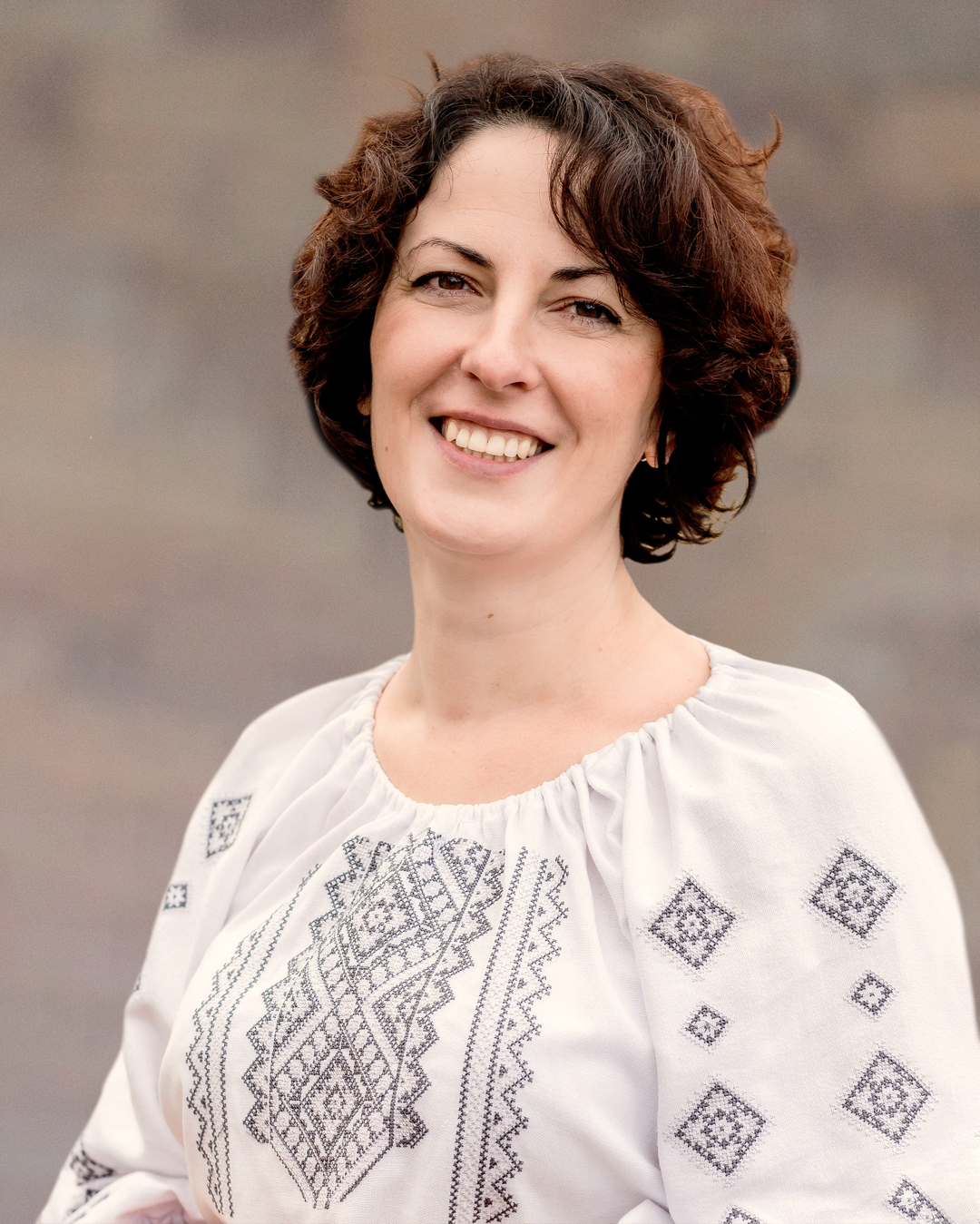
Valeriia Sekisova, coordinator of the Economic Resilience programme of R2P
The need to interact in a new workplace or in the process of building a business helps to establish ties in the new society, forms a social fabric that gives a sense of belonging and facilitates adaptation. In this case, positive changes occur not only in the life of the internally displaced person but also in the hromada itself. It receives resources in expertise, human capital, taxes to the local budget, and increases its financial capacity.
The Forum also managed to productively discuss providing services, assistance, and social support to IDPs, particularly in organising the evacuation of citizens and their accommodation. Oleh Lutsiv, Head of Social Protection Advocacy at R2P, moderated the Ensuring the Provision of Services, Assistance, and Social Support to Internally Displaced Persons panel discussion.
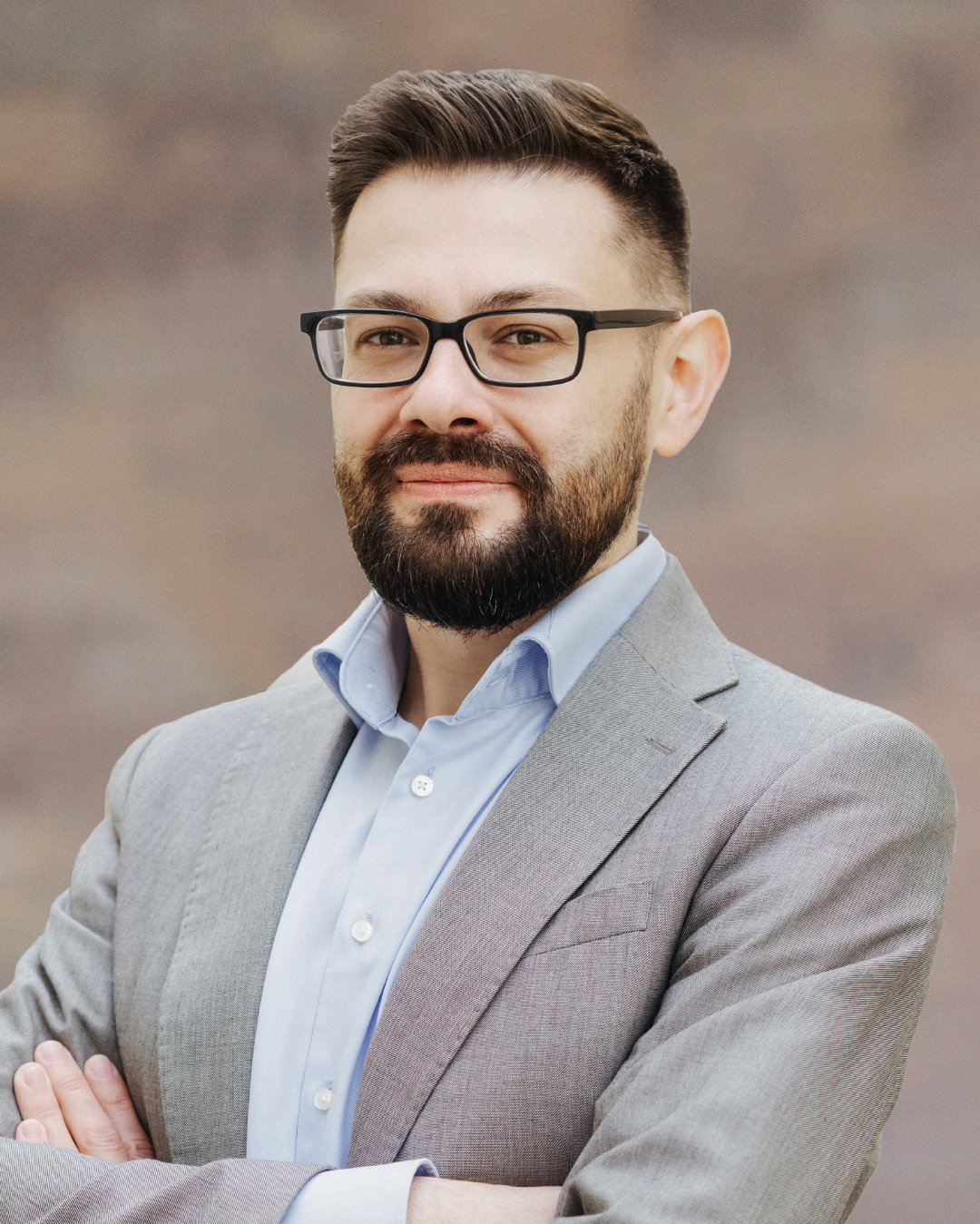
Oleh Lutsiv, Head of Social Protection Advocacy at R2P
The key conclusion of the panel discussion is that much more can still be done in this sphere. At the same time, both the state and the civil society sector are ready to make efforts to ensure that the problems caused by the internal displacement crisis are addressed based on mutual coordination and coherence. Using specific examples, it was noted that IDP Councils can act not only as platforms for "self-advocacy" by IDPs of their rights and legitimate interests but also as a tool for providing comprehensive support, particularly to people who have just arrived in host hromadas. It was interesting to note that IDPs in Ukraine have formed a highly active stratum of civil society that can act and defend their rights.
We thank the Stabilization Support Services Charitable Foundation, the UNHCR, IREX, and the Ministry of Reintegration of the Temporarily Occupied Territories of Ukraine for organising this event! We greatly appreciate this opportunity to share experiences and find sustainable solutions to improve the lives of internally displaced persons in Ukraine.

